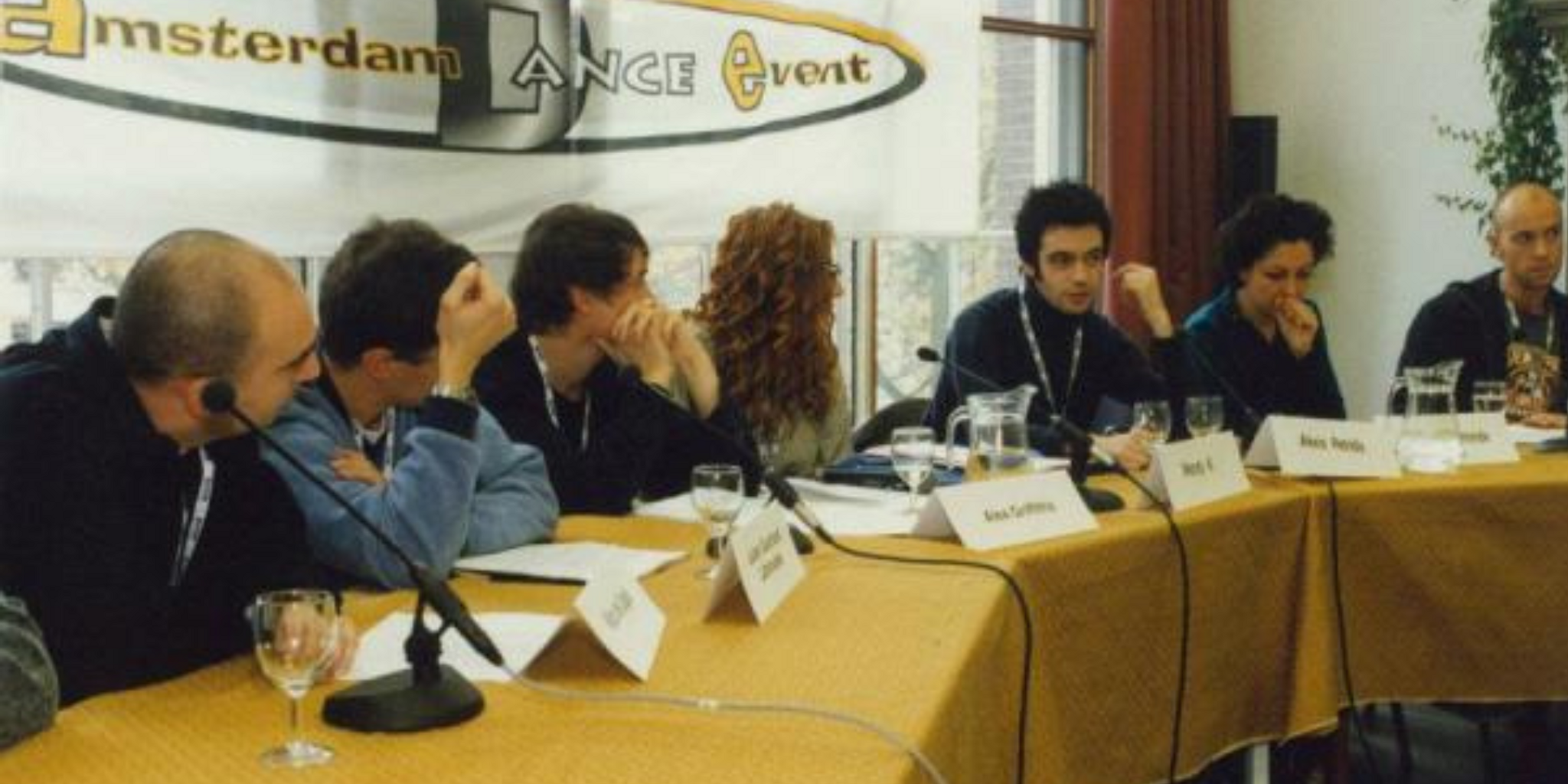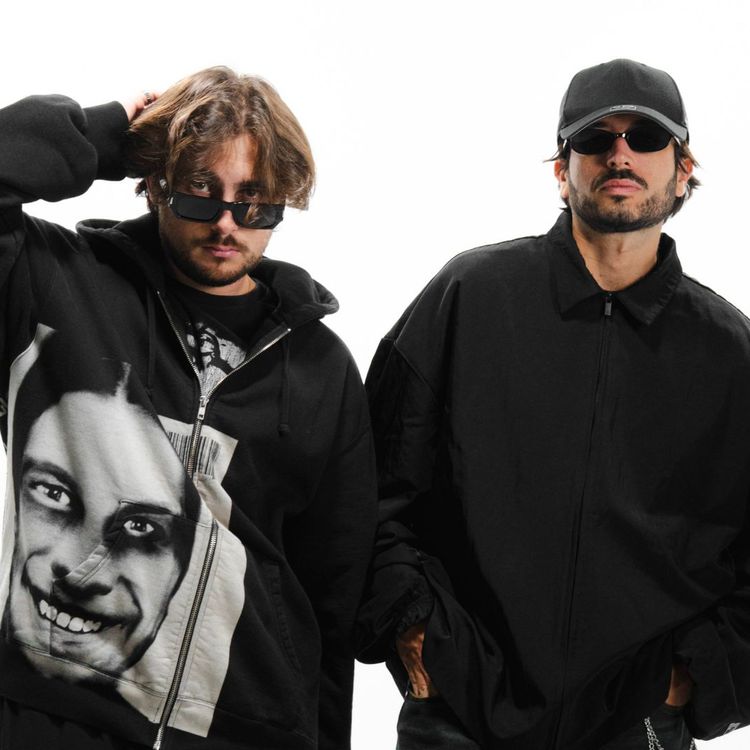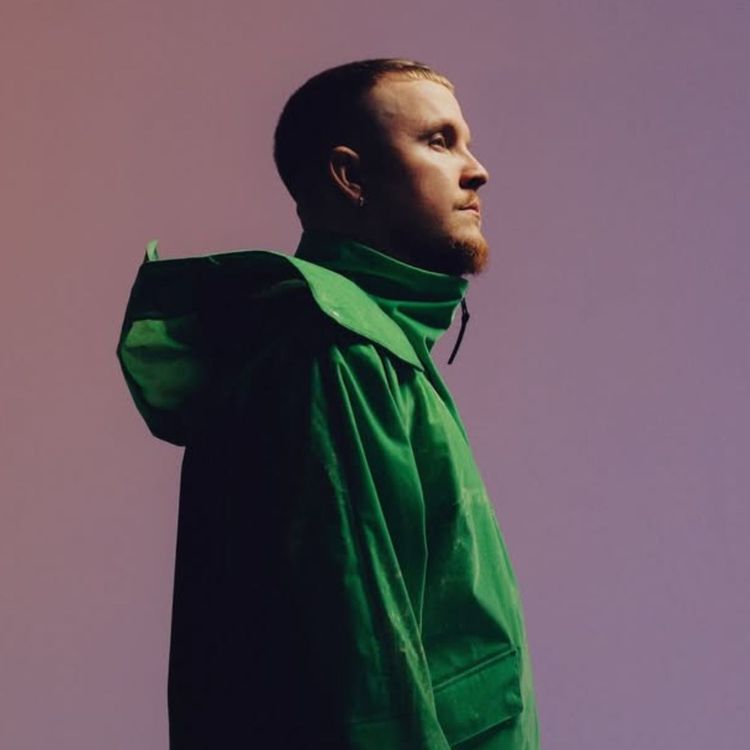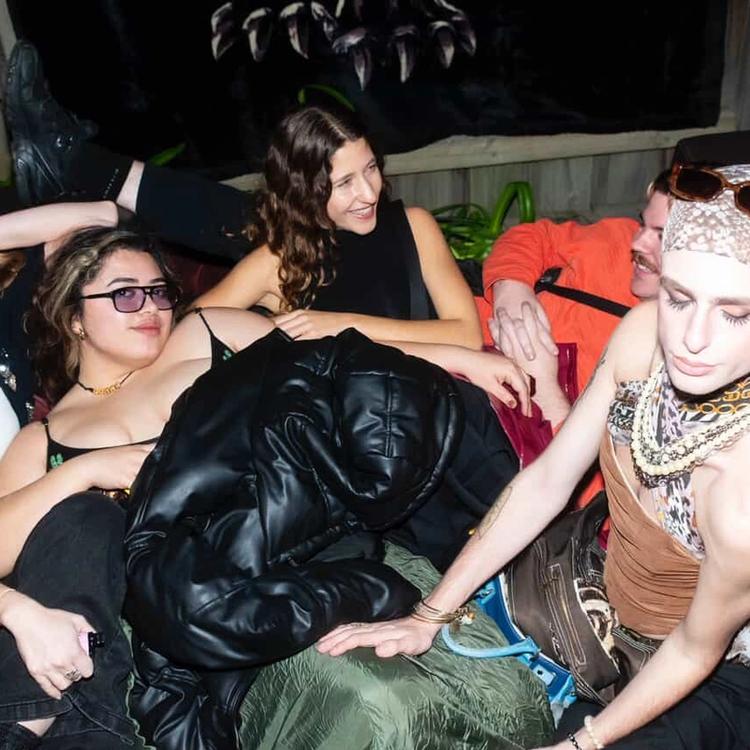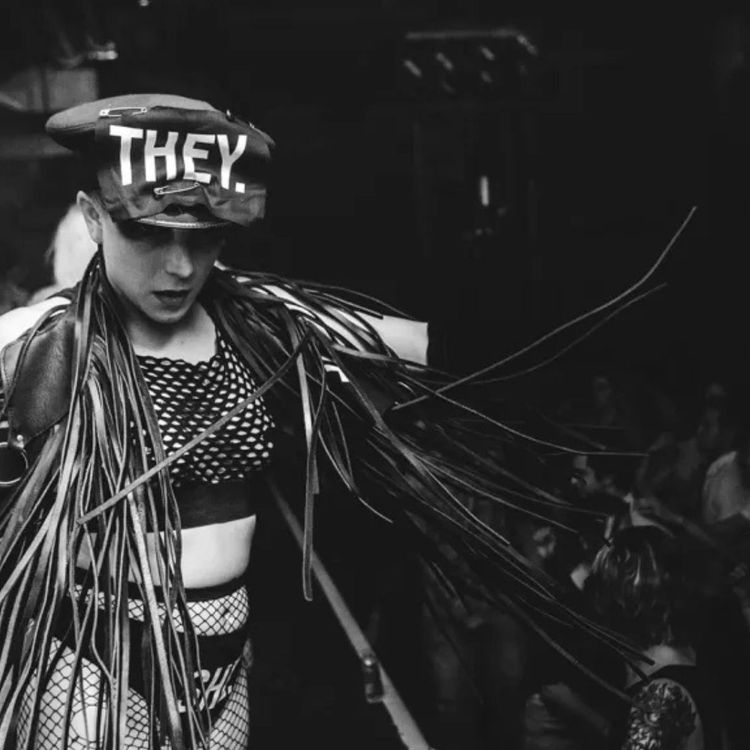Echoes from the Canals: The Rise of ADE
In 1996, nestled within Amsterdam's vibrant landscape, a new chapter in electronic music was being written: the inception of the Amsterdam Dance Event (ADE). This initial event wasn't the large-scale festival we recognize today but a more intimate gathering focused on the business side of the Dutch music industry. Hosted in a single hotel on the Vijzelgracht, ADE began as a platform for industry insiders to connect and share.

ADE 1997
Founded by former Director Richard Zijlma, who is now the head of Conservatorium Haarlem, and the Buma/Stemra Foundation, ADE was developed to champion the rights of composers, lyricists, and music producers across the Netherlands. The collaboration's strength and vision for ADE were evident from its early success.
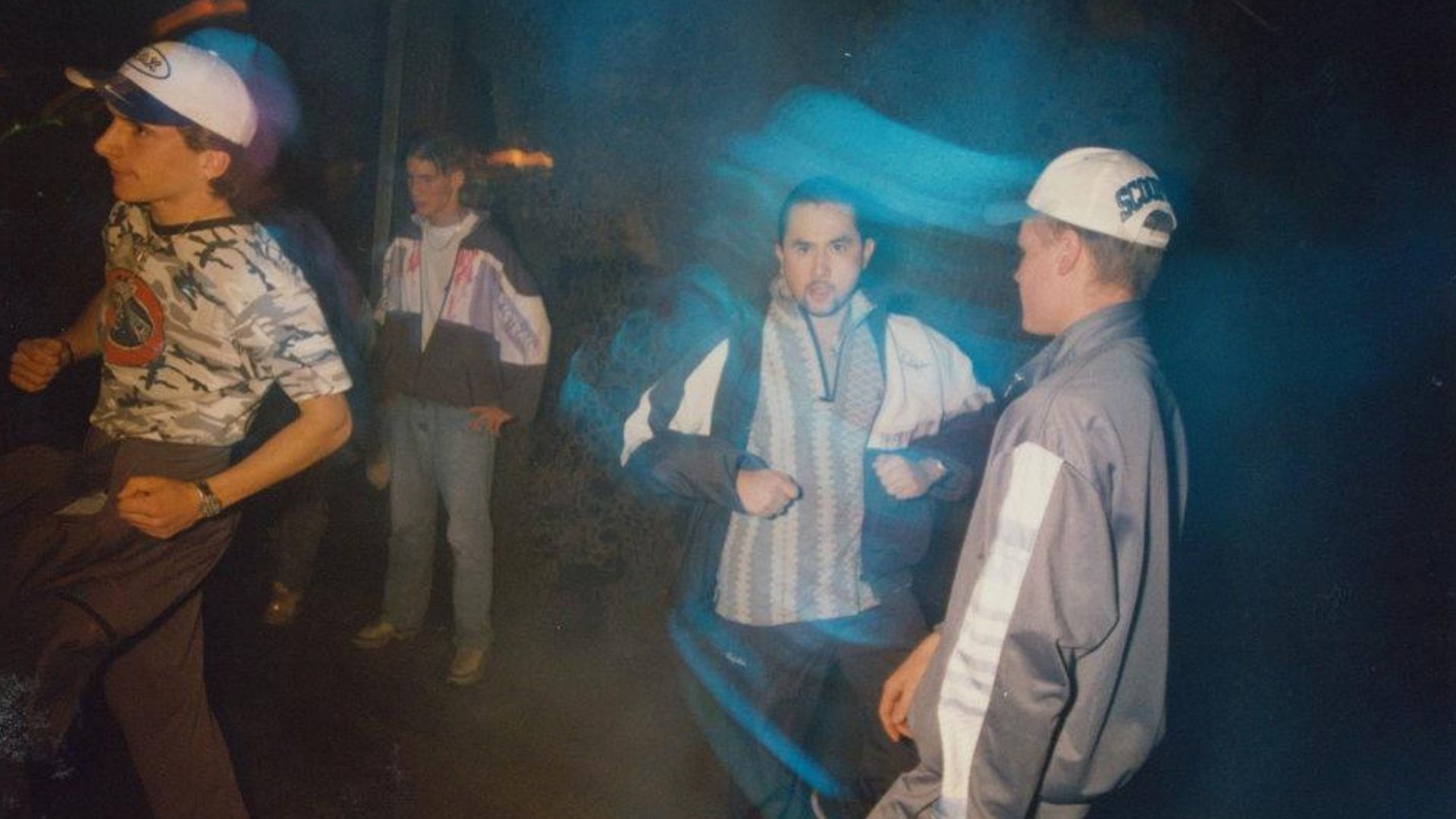
ADE 1996
By its second iteration in 1997, the event had expanded to De Balie for its daytime conferences. By night, 30 DJs provided the soundtrack for attendees at Amsterdam's iconic venues: Paradiso, Escape, and Melkweg.

ADE 1996
But ADE was never just about music; it aimed to capture the ethos of dance culture from its earliest days. Dance music has its roots in underground movements and served as an anthem for protests against mainstream norms and as a celebration of diverse cultures, notably black, queer, and trans communities. ADE sought to amplify these roots, providing a voice to the often voiceless in the world of electronic music.
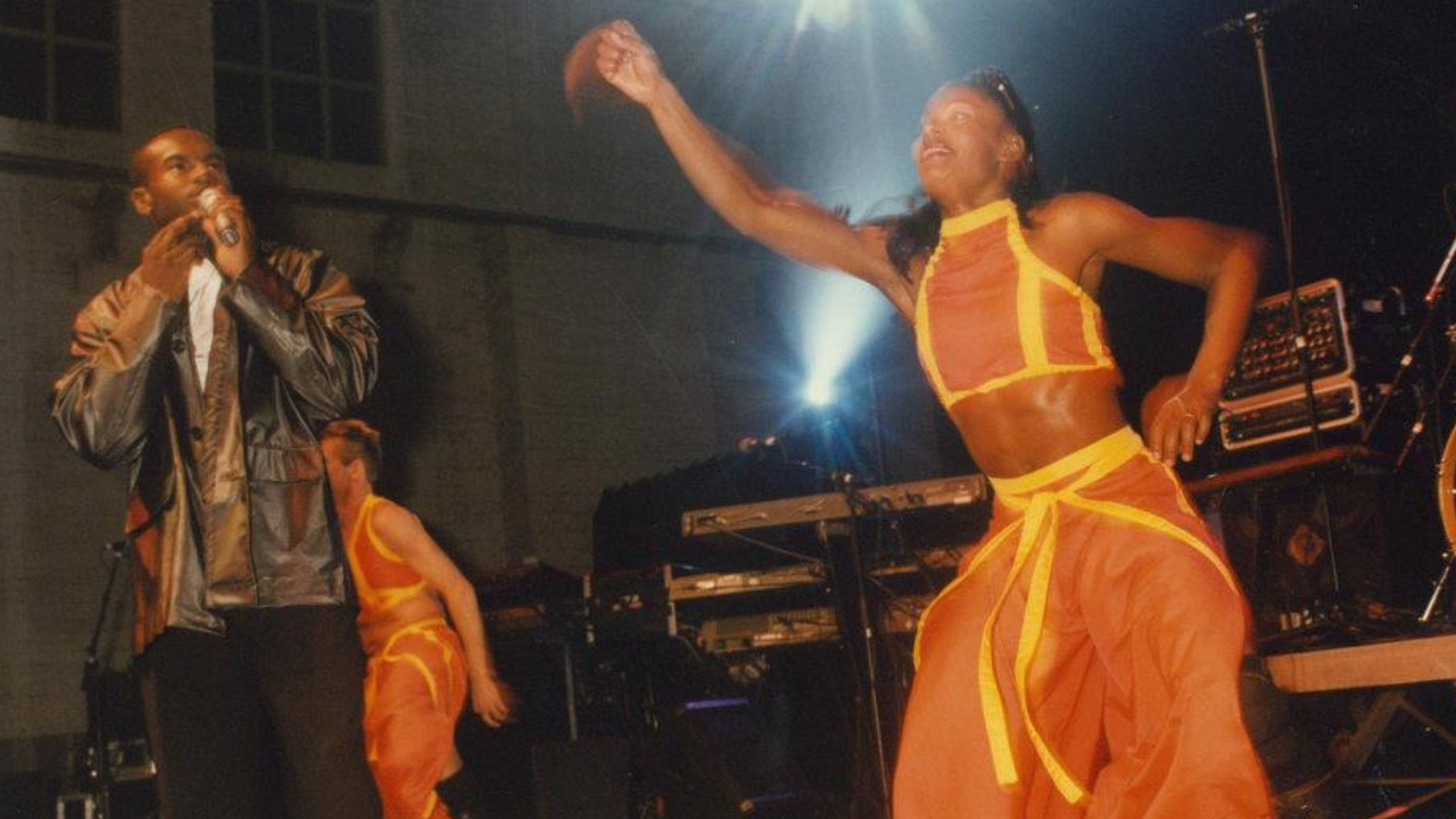
The conference element of ADE has always been its backbone. It serves as a global meeting point for the electronic music industry. The event's reach expanded dramatically, drawing attendees from all aspects of music production, from DJs and producers to brand managers.

Over the years, Amsterdam's DeLaMar Theatre became a primary venue for these interactions, hosting myriad conferences, lectures, and workshops.
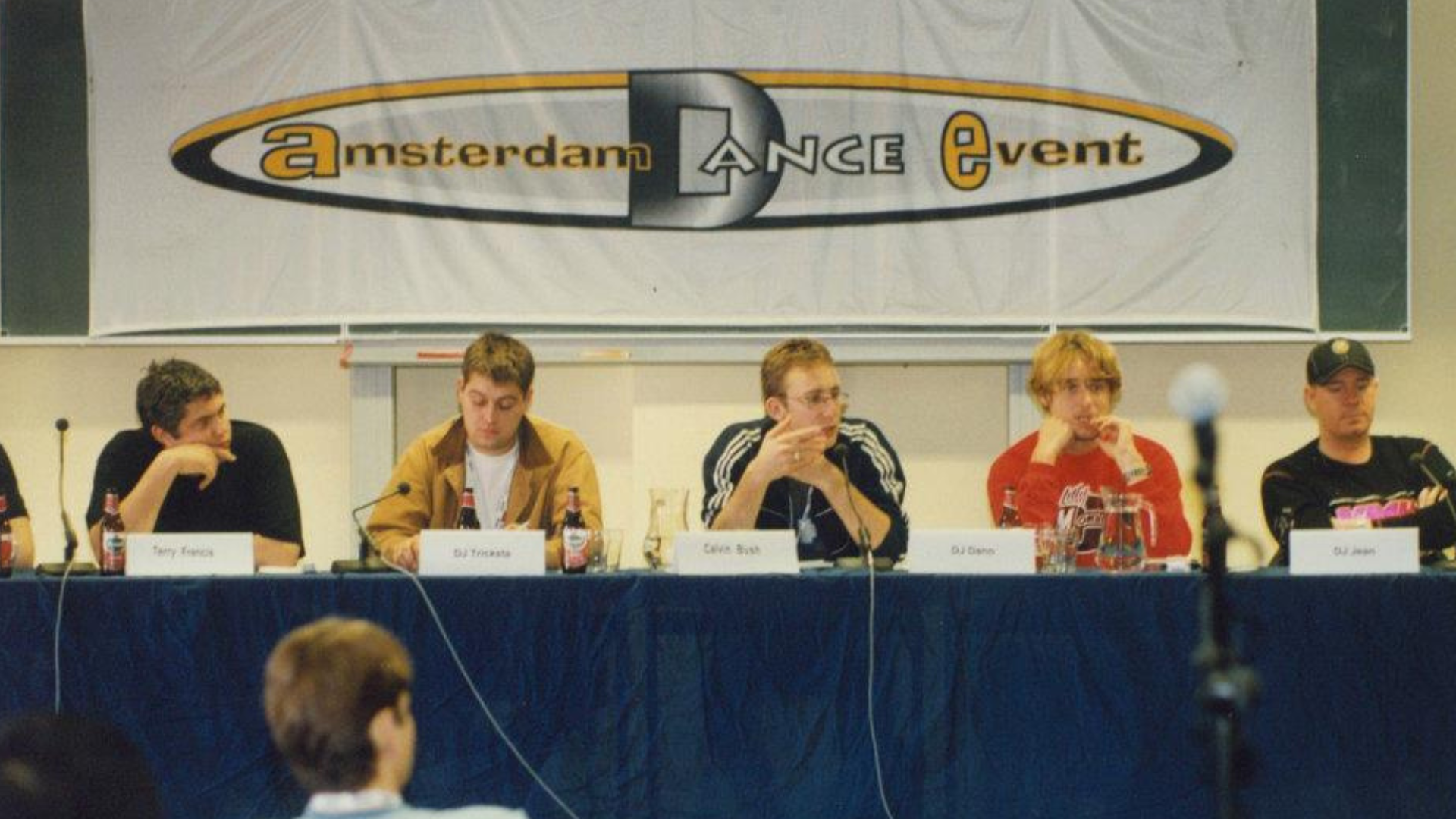
As the years went by, the Amsterdam Dance Event Foundation took the reins in 2018, overseeing the festival's growth into an even larger entity. From its singular venue in 1996, ADE exploded to feature over 1,000 events across nearly 200 venues by this time. Such expansion bore witness to ADE's evolution from a local industry event to a global phenomenon in electronic music.
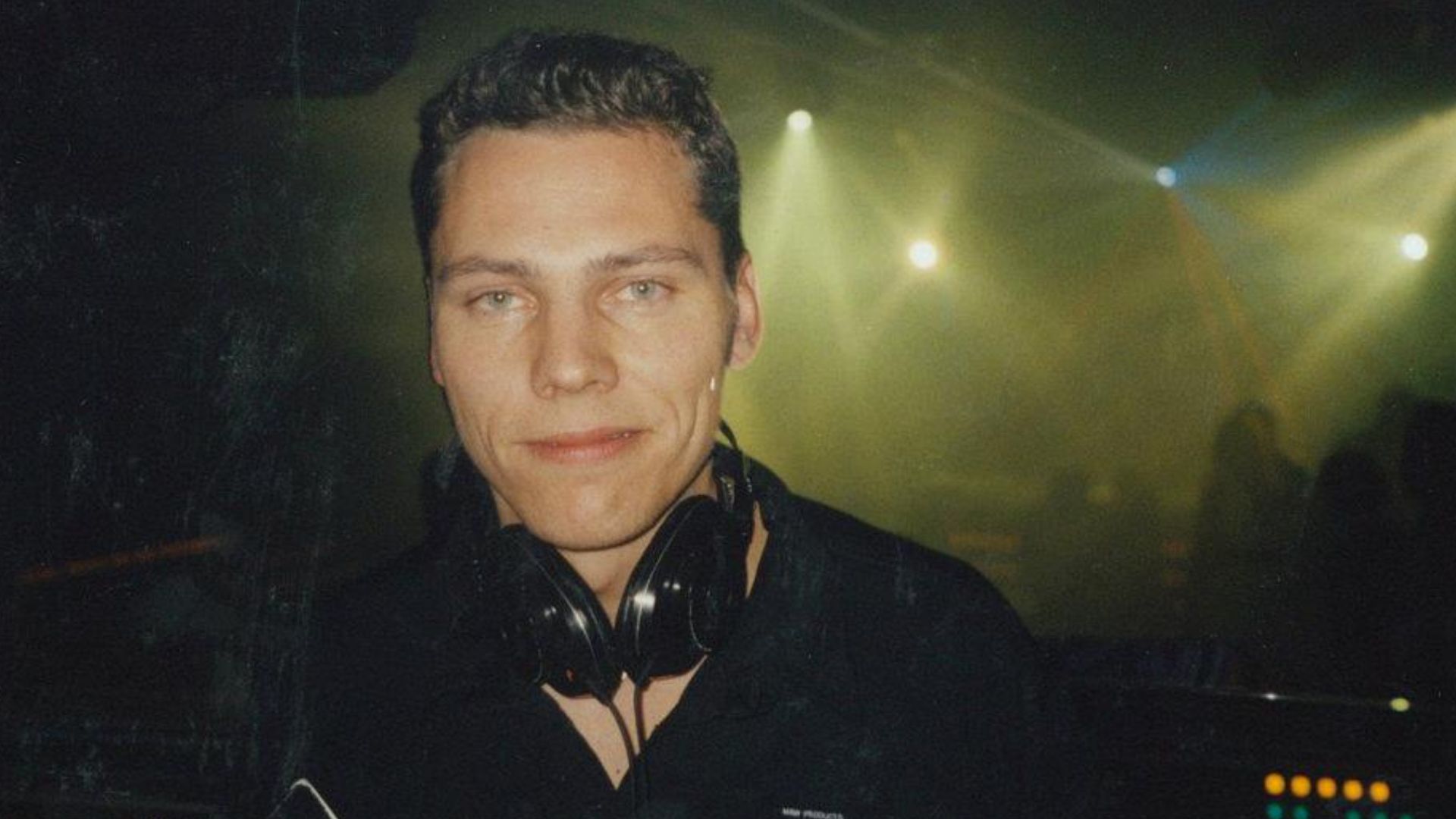
Tiësto at ADE in 1999
Each ADE also brings the unveiling of the DJ MAG Top 100, a ranking initiated in the '90s. With votes from around 350,000 fans annually, this list has seen legends like Tiësto, Armin van Buuren, and David Guetta rise to the top, emphasizing ADE's central role in the dance music arena.
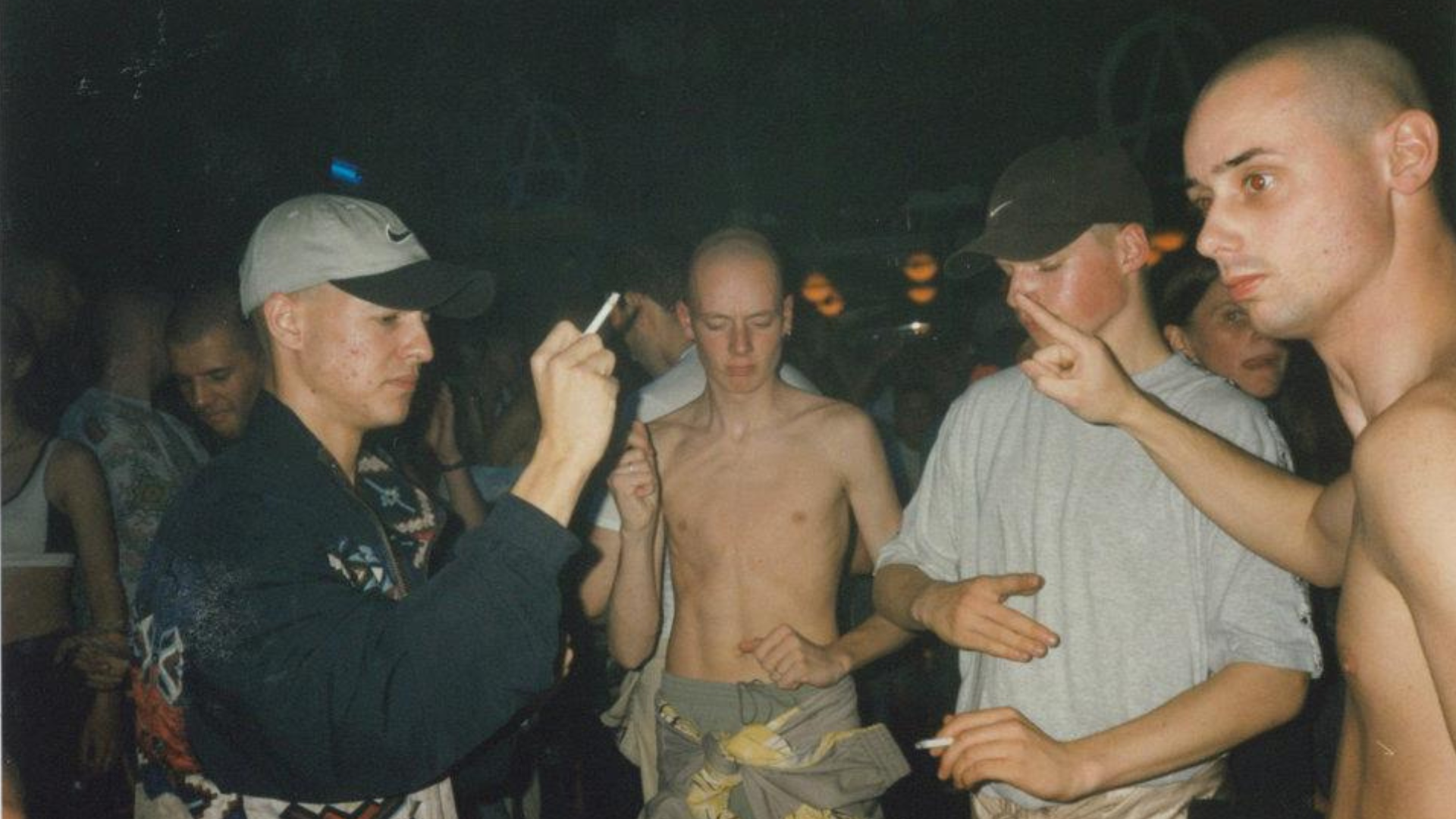
In summary, the Amsterdam Dance Event's history is a journey of passion, vision, and continuous growth. From its modest beginnings to its present-day stature, ADE remains a pivotal moment on the electronic music calendar, reflecting the genre's evolution and the city of Amsterdam's enduring commitment to the arts.
